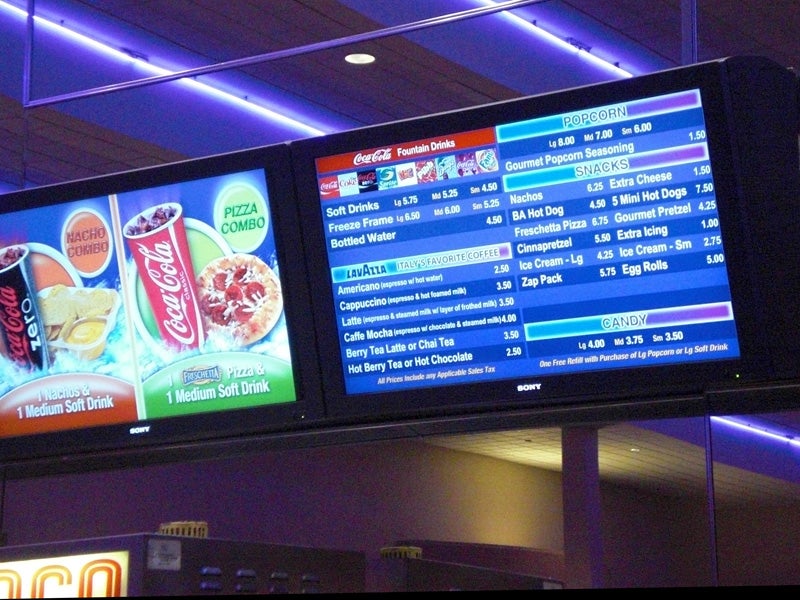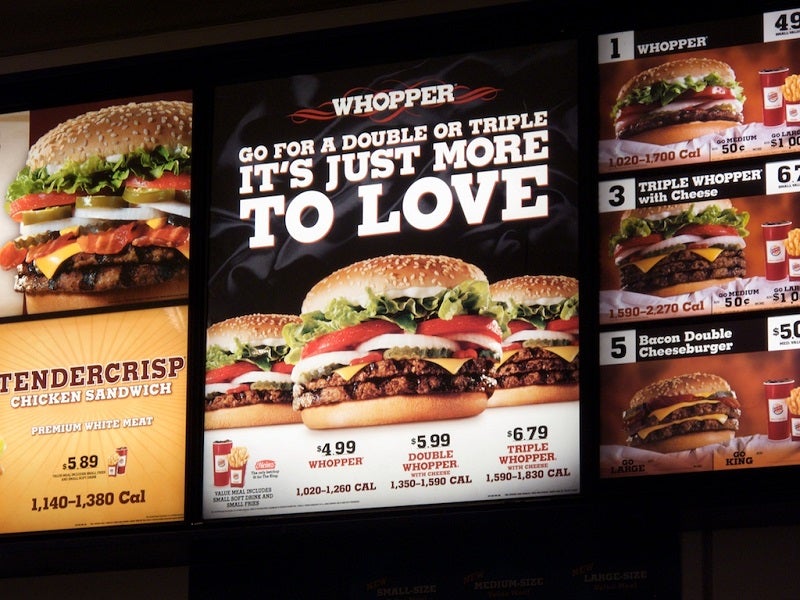Ending Illegal Delay on Food Labeling Standards
Numerous studies indicate that menu labeling is both necessary to and effective in reducing the amount of food purchased and, thus, reducing the health and environmental impacts of food production, consumption, and disposal.
Regional Office / Program
Case Overview
The U.S. Food and Drug Administration issued a rule requiring chain restaurants, supermarkets, convenience stores, and other food retail establishments to disclose calorie counts and other nutrition information for prepared food and beverages in 2014. But, one day before industry was due to comply in May 2017, the FDA delayed the compliance deadline for an additional year until May 2018.
On June 7, 2017, the Center for Science in the Public Interest and the National Consumers League, both represented by Earthjustice, filed a lawsuit in U.S. District Court for the District of Columbia challenging the delay. On Sept. 27, 2017, U.S. District Court Judge Emmet Sullivan today approved an agreement that paves the way for the Food and Drug Administration to begin enforcing regulations requiring chain restaurants, grocery stores, and convenience stores to include calorie counts on menus in May 2018.
Without menu labeling, it’s hard for consumers to estimate the calorie content of popular restaurant items. For instance, a pecan roll from Panera has over 300 more calories than a chocolate pastry. 7-Eleven’s Big Bite Hot Dog & Big Gulp Coke (560 calories and 320 calories, respectively), currently advertised for $2.22, provide more than 40 percent of a person’s suggested daily caloric intake. Some items contain almost an entire day’s worth of calories: a regular oriental chicken salad from Applebee’s contains approximately 70 percent of a person’s suggested daily caloric intake, and a slice of the Cheesecake Factory’s Carrot Cake has more than 80 percent.
Menu labeling also encourages restaurants to offer more healthful menu items and portion sizes. Between 2005 and 2011, healthier food options increased from 13 percent to 20 percent at five fast food chains subject to state and local menu labeling requirements.
Numerous studies indicate that menu labeling is both necessary to and effective in reducing the amount of food purchased and, thus, reducing the health and environmental impacts of food production, consumption, and disposal.
Over two-thirds of U.S. adults and one-third of children are overweight or obese, contributing to high levels of diabetes, high blood pressure, heart disease, and cancer. Eating out contributes to obesity and poor nutrition. On a typical day, 33 percent of children, 41 percent of adolescents and 36 percent of adults eat at fast food restaurants. Studies show that people tend to consume more calories, saturated fat, and sugary drinks and fewer fruits and whole grains when eating out.
FDA’s menu labeling rule has widespread support ranging from the National Restaurant Association to the American public. Eighty percent of consumers support menu labeling in chain restaurants; 77 percent want menu labeling at convenience stores; and 81 percent favor having supermarkets provide calorie information for their prepared restaurant-type foods.

Case Updates
Case page created on June 7, 2017.


